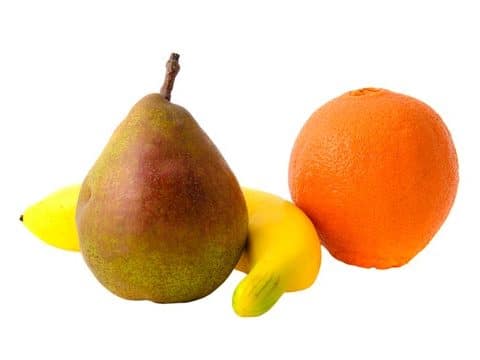Relation of Total Sugars, Sucrose, Fructose, and Added Sugars With the Risk of Cardiovascular Disease: A Systematic Review and Dose-Response Meta-analysis of Prospective Cohort Studies
Mayo Clin Proc 2019; 94(12):2399-2414; https://doi.org/10.1016/j.mayocp.2019.05.034 Khan TA, Mobushra T, Agarwal A, et al. Objective To determine the association of total and added fructose-containing sugars on cardiovascular disease (CVD) incidence and mortality. Background Much of the evidence supporting recommendations and policies to set upper-limits for added or free fructose-containing sugars derives from data on sugar-sweetened […]

